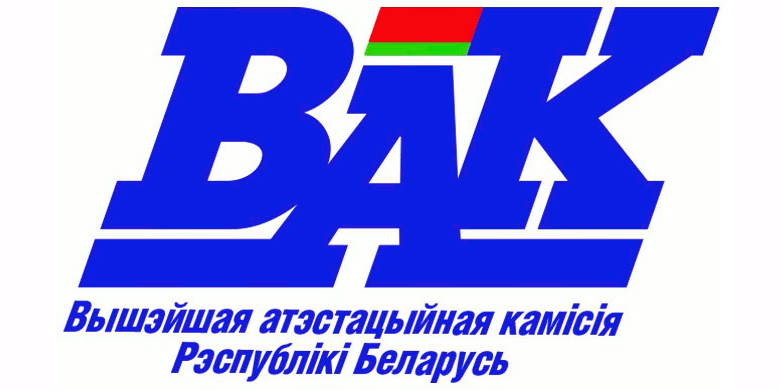Гражданское общество и политическая культура современной России: теоретические подходы
Abstract
В статье ставится задача раскрыть специфику политической культуры как основного компонента гражданского общества, определить место политической культуры в политической системе, факторы становления и влияние на развитие политического курса в целом. С преодолением политико-культурной дифференциации связаны, как нам представляется, внутренние перспективы развития России. The article aims to reveal the specifics of political culture as the main component of civil society, to determine the place of political culture in the political system, the factors of formation and influence on the development of the political course as a whole. With the overcoming of political and cultural differentiation, as we are imagined, the internal perspectives of Russia's development are connected.References
Merriam, Ch. Civic Training In The United States / Ch. Merriam. – Chicago : University of Chicago Press, 1934.
Almond, G. The Civic Culture / G. Almond, S. Verba. – Princeton : Princeton University Press, 1963.
Eckstein, H. Division and Cohesion in Democracy / H. Eckstein. – Princeton : Princeton University Press, 1966.
Джохадзе, И.Д. Демократия после Модерна /И.Д. Джохадзе. – М., 2006. – С. 12.
Камю, А. Бунтующий человек /А. Камю // Философия. Политика. Искусство. – М., 1990.
Merriam Ch. Civic Training In The United States. Chicago, University of Chicago Press, 1934.
Almond G., Verba S. The Civic Culture. Princeton, Princeton University Press, 1963.
Eckstein H. Division and Cohesion in Democracy. Princeton, Princeton University Press, 1966.
Dzhohadze I.D. Demokratija posle Moderna [Democracy after Modernity]. Moscow, Praksis Pabl., 2006. pp. 12. (In Russian)
Kamju A. Buntujushhij chelovek. Filosofija. Politika. Iskusstvo [The Rebellious Man. Philosophy. Policy. Art]. Moscow, 1990. (In Russian).













